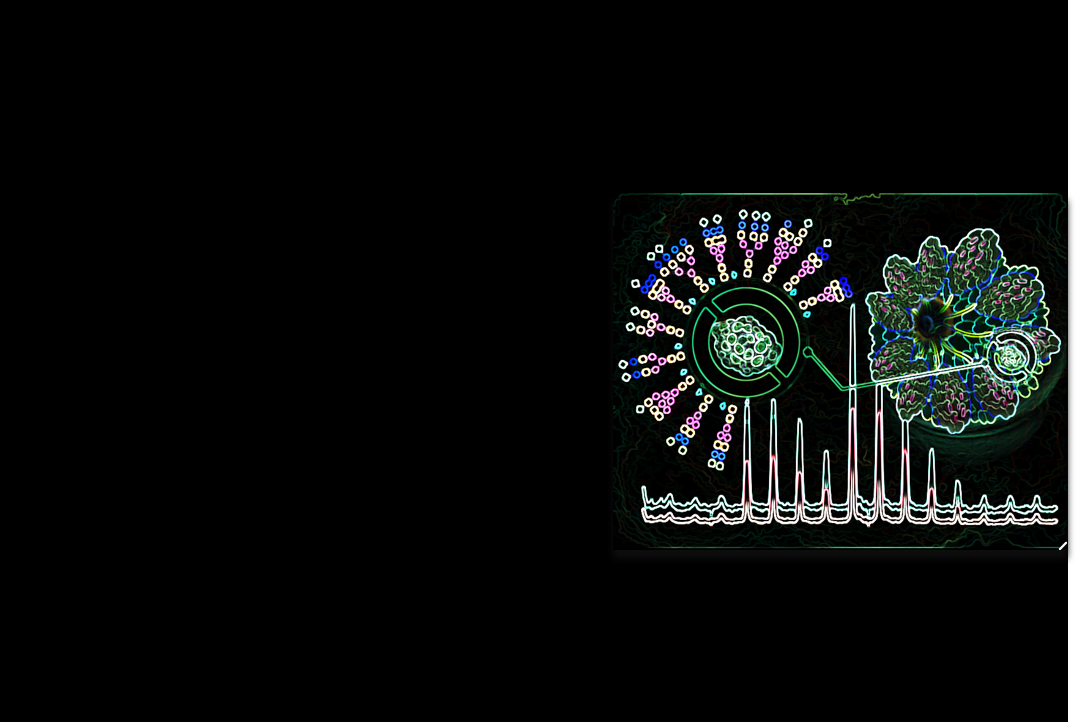Protein biopharmaceuticals, which are intricate proteins, have been vital in treating life-threatening illnesses. Among the common post-translational modifications in eukaryotic organisms, glycosylation is prevalent, and a majority of protein biopharmaceuticals undergo glycosylation. The diversity in glycan structures at glycosylation sites plays a critical role in determining the effectiveness and safety of therapeutic proteins. Consequently, it is imperative to conduct comprehensive glycan analyses using various analytical methods when developing pharmaceuticals intended for human use.
In this context, mass spectrometry-based glycomic strategies stand out as the optimal and most reliable choice. This preference arises from the unique capabilities of mass spectrometry, including rapid analysis, high precision, excellent resolution, and the ability to perform tandem mass spectrometry. These features make mass spectrometry-based approaches highly effective in assessing the safety and quality of protein therapeutics.
Our aim
We are focused on creating innovative bioanalytical techniques based on mass spectrometry for the in-depth characterization of monoclonal antibodies.

